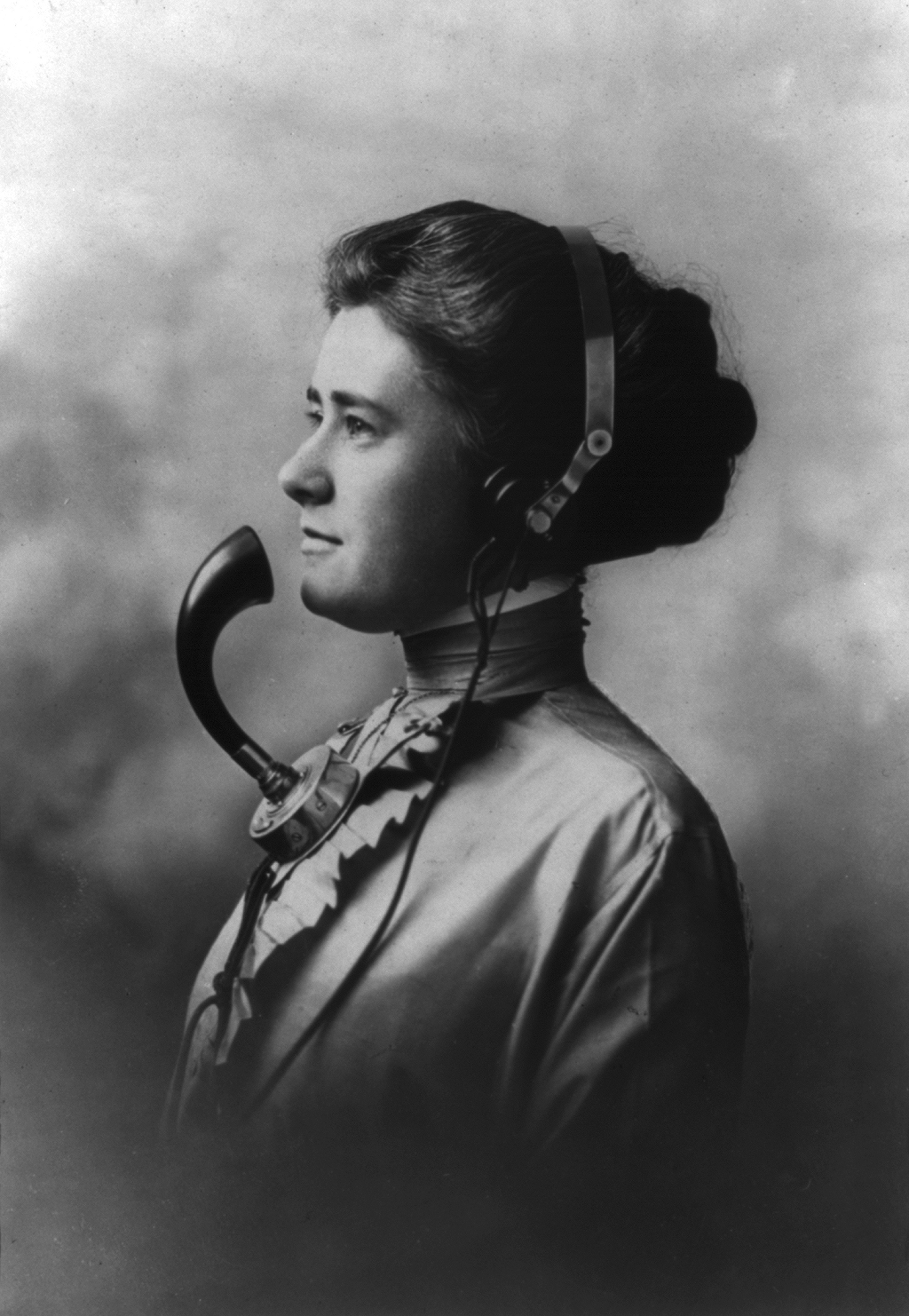The first time the Caped Gooseberry saw me fully made up was our wedding day. It was also the last time. It wasn’t that heavy, either, because I didn’t want to be one of those brides you only recognize because no-one else would have the gall to wear white. I wanted to look like me. And I don’t wear make-up.
It’s not that I have ethical objections to make-up per se (unless it’s tested on animals). It’s just that it isn’t a part of my life and I don’t see that it needs to be.
There are some women who love to wear and experiment with make-up. Good for them. Making yourself up can be fun. And if you’re having fun with it, have fun with it! Why limit yourself to the one look ordained by culture’s present demands for thin brows, full lips, large eyes?
But far too many women wear make-up because they feel they have to, and that makes me boiling mad. Is it any wonder that women and girls have such low opinions of themselves and their appearance when we practically trumpet at them that “You Are Naturally Sub-Par!”?
And then they internalize it. What I find most tragic is women acknowledging that it’s a pain getting ready for display in the mornings, but then defending the reasons why they ‘have’ to – it’s more professional, everyone else does, I look washed-out without it.
Really, can anyone explain to me how wearing a thin layer of complicated chemicals on my face is going to boost my job performance? I’m not in the alleged world’s oldest profession.

Okay, if you’re the kind of woman who puts on make-up when she gets dressed, then yeah, not wearing make-up will give you a bit of a schlepping-around-in-the-dressing-gown feel, which can lower productivity.
But if you are that kind of woman, you probably don’t need to be told to wear make-up; you’re wearing it anyway. And if you aren’t that kind of woman, how is it supposed to help?
If your boss insists that you wear make-up, why not come to work as a goth? or a geisha? or a clown? or simply wearing the White Hand of Saruman?
As for looking washed-out, I find it very disturbing that we are conditioning ourselves to interpret female faces in their natural state as “sick” or “tired” – simply because we are used to seeing women made up to a certain level of tone or colour.
There is nothing wrong with your face the way it is. I don’t care if you’re old and wrinkly, young and spotty, or even piebald from vitiligo.
There is nothing wrong with your face the way it is.
What’s your stance on make-up? Love it, hate it, wish you didn’t have to but do anyway? I’d be interested to hear your thoughts!






